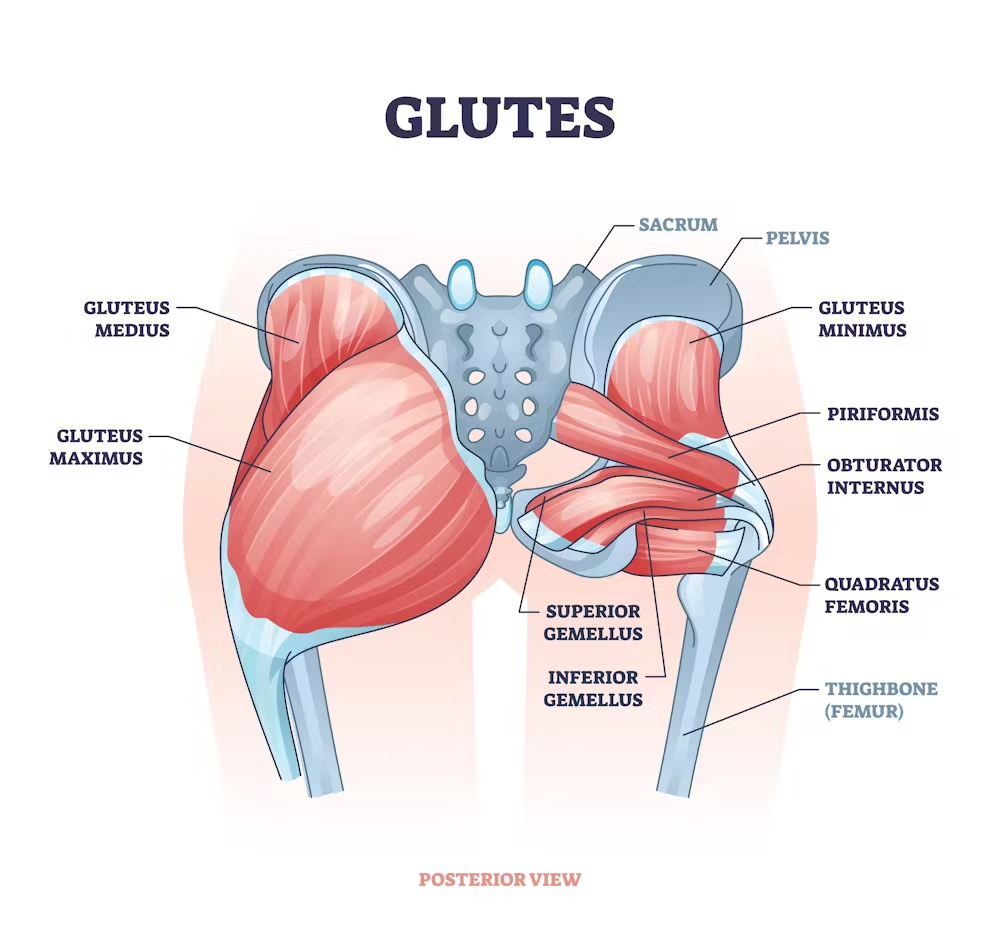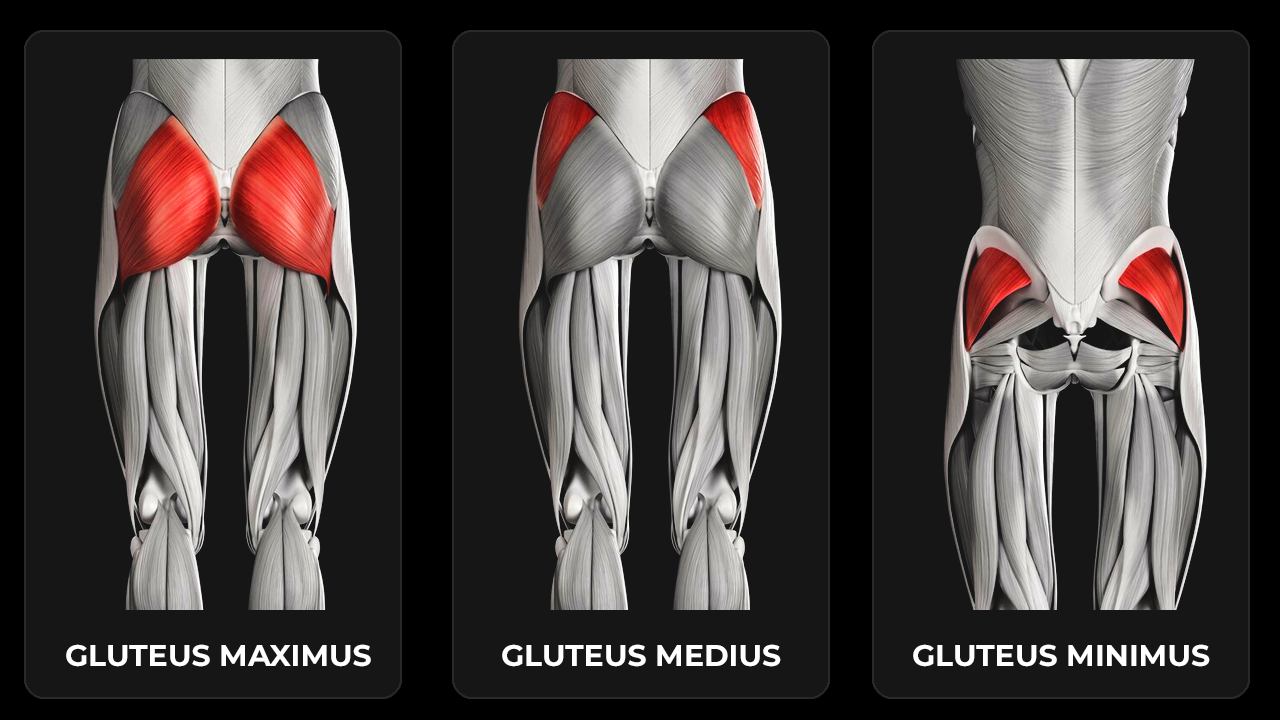Introduction
Glute development isn’t just about exercise; nutrition plays a crucial role in muscle growth, recovery, and overall health. Ensuring your diet includes the right vitamins and minerals can significantly enhance the strength and definition of your glutes.
1. Protein Intake
- Muscle Repair and Growth:
- Protein is essential for muscle repair and growth. Consuming adequate protein provides the building blocks (amino acids) needed to repair muscle tissues damaged during workouts.
- Sources:
- High-quality protein sources include lean meats (chicken, turkey, beef), fish, eggs, dairy products (Greek yogurt, cottage cheese), legumes, nuts, seeds, and plant-based proteins (tofu, tempeh).
2. Carbohydrates
- Energy Supply: Carbohydrates are the primary energy source for high-intensity training. They replenish glycogen stores in muscles, which are depleted during workouts.
- Sources: Opt for complex carbohydrates like whole grains (brown rice, quinoa, oats), fruits, vegetables, and legumes. These provide sustained energy and are rich in fiber and nutrients.
3. Healthy Fats
- Hormone Production: Healthy fats are vital for hormone production, including hormones that regulate muscle growth and recovery.
- Sources: Include sources of healthy fats such as avocados, nuts, seeds, olive oil, and fatty fish (salmon, mackerel).
4. Vitamins and Minerals
- Micronutrient Support: Vitamins and minerals support overall health and are crucial for metabolic processes related to muscle growth.
- Key Nutrients:
- Vitamin D: Supports muscle function and immune health. Found in fatty fish, fortified dairy, and sunlight exposure.
- Calcium: Important for muscle contractions. Found in dairy products, leafy greens, and fortified plant milks.
- Magnesium: Helps with muscle relaxation and recovery. Found in nuts, seeds, whole grains, and leafy greens.

5. Hydration
- Muscle Function: Adequate hydration is crucial for optimal muscle function and recovery. Dehydration can lead to decreased performance and muscle cramps.
- Routine: Aim to drink plenty of water throughout the day, especially before, during, and after workouts.
6. Meal Timing
- Pre-Workout Nutrition: Consuming a balanced meal with carbohydrates and protein 1-2 hours before exercising can provide energy and support muscle performance.
- Post-Workout Nutrition: Eating a meal rich in protein and carbohydrates within 30-60 minutes after a workout helps replenish glycogen stores and supports muscle recovery and growth.
7. Caloric Intake
- Energy Balance: To build muscle, you generally need to be in a slight caloric surplus, meaning you consume more calories than you burn. However, this should be done carefully to avoid excessive fat gain.
- Quality Matters: Focus on nutrient-dense foods rather than empty calories to ensure you’re getting the vitamins and minerals needed for overall health and muscle development.
Sample Meal Plan for Glute Development
Here’s an example of a balanced daily meal plan focused on supporting muscle growth:
Breakfast
- Oatmeal topped with berries, chia seeds, and a serving of Greek yogurt.
- Scrambled eggs with spinach and whole-grain toast.
Mid-Morning Snack
- Protein smoothie with a banana, spinach, protein powder, and almond milk.
Lunch
- Grilled chicken breast with quinoa and roasted vegetables (broccoli, bell peppers, carrots).
- Mixed green salad with olive oil and lemon dressing.
Afternoon Snack
- Apple slices with almond butter.
- Handful of mixed nuts.
Dinner
- Baked salmon with sweet potato and steamed asparagus.
- Quinoa salad with chickpeas, cucumber, tomatoes, and a tahini dressing.
Evening Snack
- Cottage cheese with pineapple chunks.
- Dark chocolate square (in moderation).
Conclusion
Nutrition is a critical component of developing strong, well-defined glutes. By focusing on a balanced diet rich in protein, carbohydrates, healthy fats, and essential vitamins and minerals, you can support muscle growth, enhance recovery, and optimize your performance. Remember, consistency in both your diet and exercise routine is key to achieving your fitness goals.
